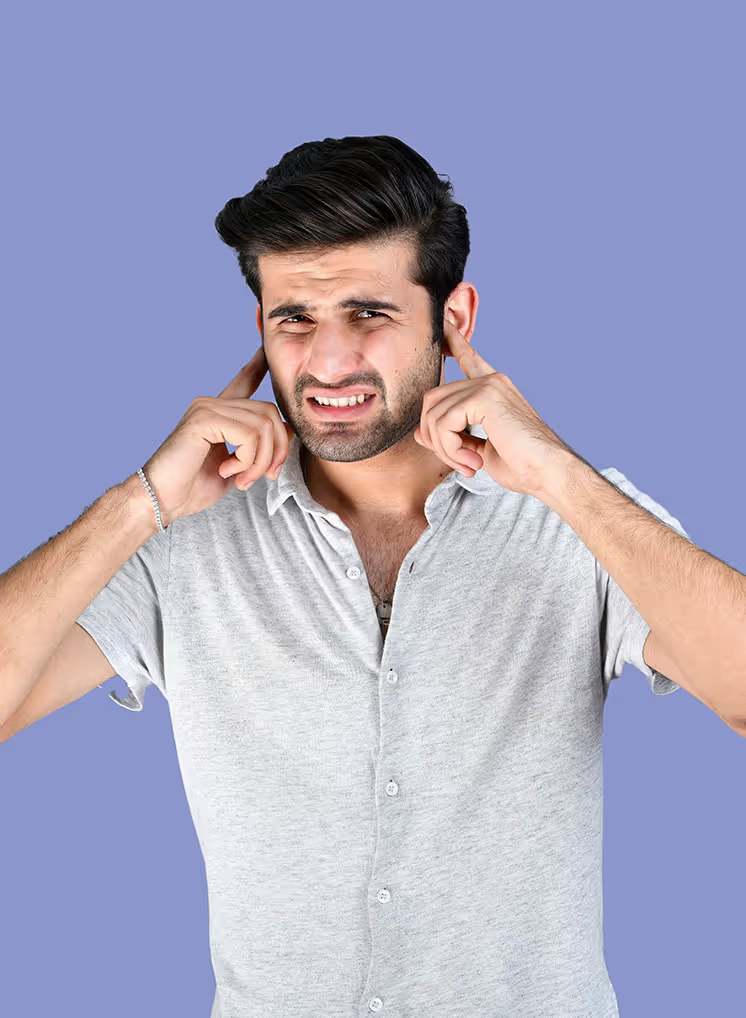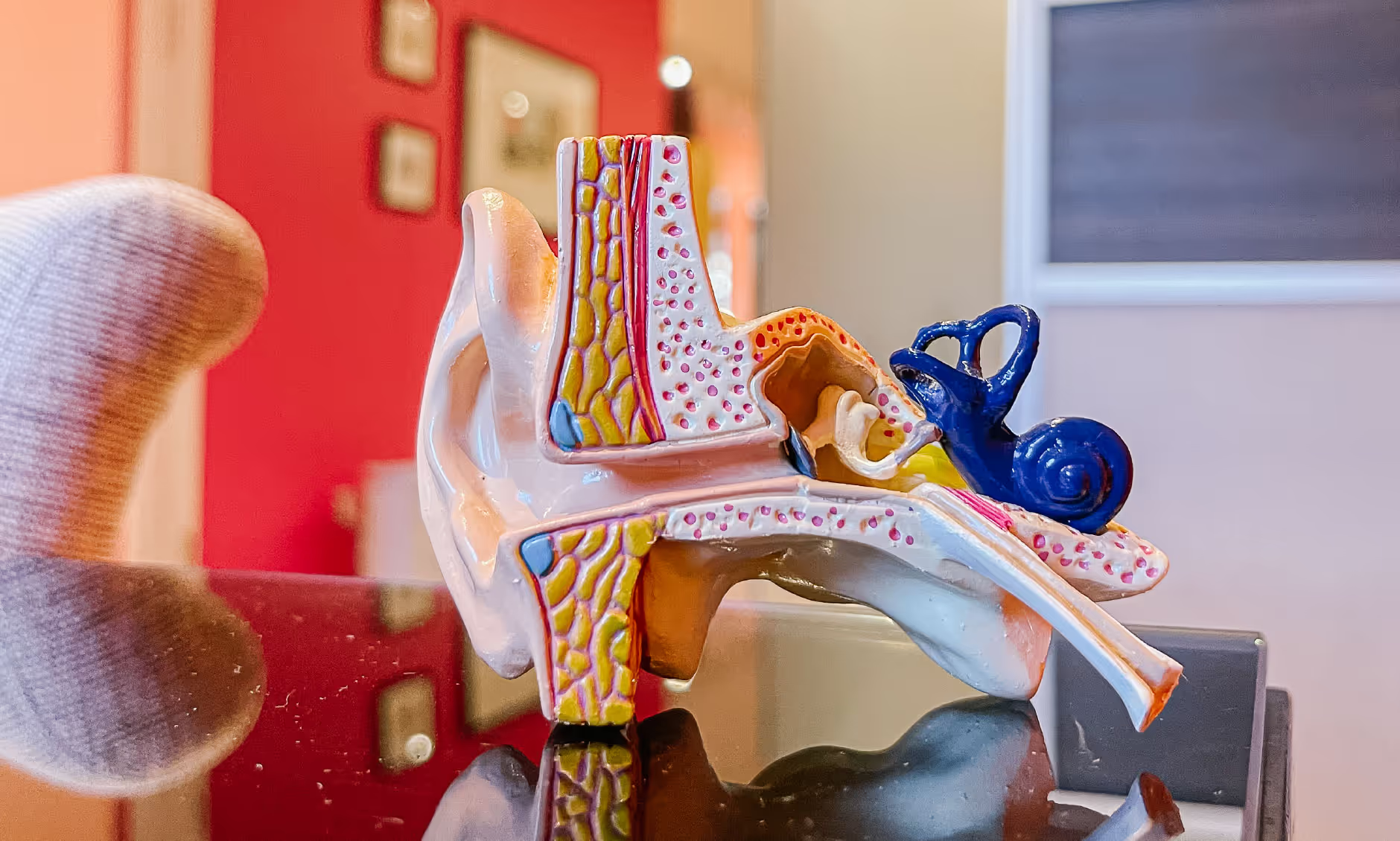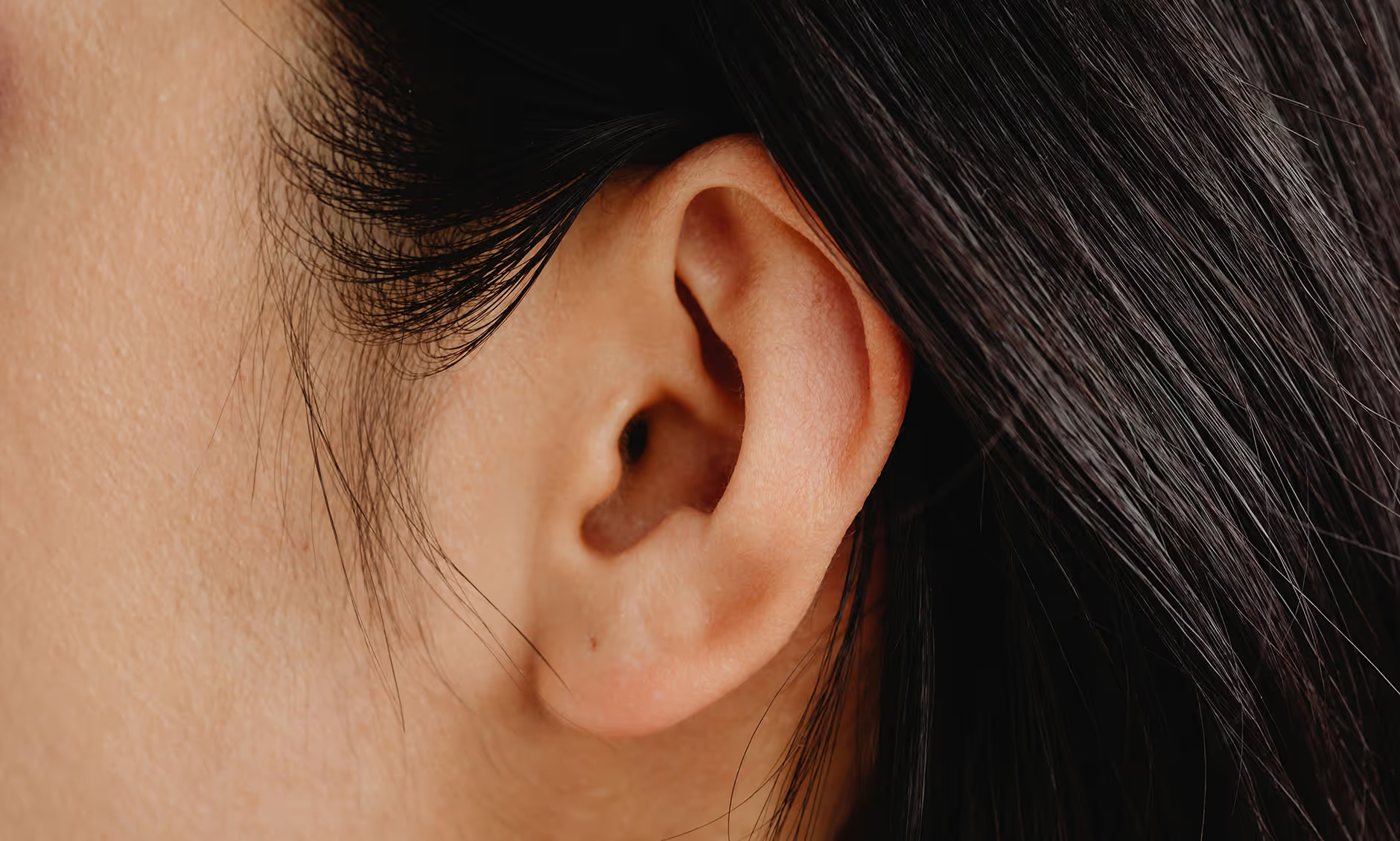Tinnitus, also known as ringing in the ears, is the perception of noise or sounds in the ears, when no external sounds are actually present. Tinnitus is often referred to as ringing but it may also sound like buzzing, hissing, humming, wind noise, or a combination of these different sounds. It can occur in one or both ears and is extremely common and affects 1 in 5 individuals. Unfortunately, tinnitus in and of itself isn’t a condition but rather, it is a symptom of an underlying condition. Every person is unique when it comes to tinnitus treatment. Get in touch to see how personalized treatment can help you.
There are many causes of tinnitus. Hearing loss is probably the most common cause. Approximately 90% of individuals who suffer from some degree of hearing loss will report symptoms of tinnitus that they perceive as being heard in either one ear, both ears or in the middle of the head. Other common causes of tinnitus include: exposure to loud sounds, side effects to medications, existing or untreated medical condition(s), head or neck trauma/injuries, earwax blockage, general stress, anxiety or fatigue, unexplained circumstances.
Tinnitus is one of those symptoms that varies in the way that it impacts people. While some can easily ignore it, others can be severely debilitated by it. For those who suffer from hearing loss, tinnitus will typically be most prominent at the frequencies of the hearing loss. Interestingly, even though some individuals might perceive the tinnitus as being loud and may complain that it affects their ability to hear, generally, tinnitus tends to be slightly louder than the lowest levels of hearing that we can hear.

















